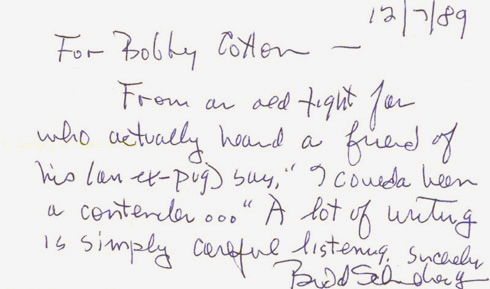I do not review many novels on this blog. I do not like to criticize authors. I know all too well how difficult it is to write a novel. I know the author’s anxiety — as David Remnick has described it,
the sense of dread, a self-lacerating concession that the book is not so much finished as abandoned and that positively everyone will see all the holes that are surely there, all the illogic, the shortcuts, the tape, the glue.
To point these things out — the tape, the glue, the flaws — feels a little cruel to me. And unnecessary, since we have no shortage of self-appointed book critics armed with blogs and Twitter feeds and what-all. So generally, when it comes to reviewing one another’s work, I think we writers ought to do as our mothers told us: “if you can’t say something nice…” At the same time, I do see flaws in most every book I read, if only small ones. I can’t help it; I’ve been doing this awhile myself. So what can I say? Nothing, usually. That is why I don’t mention most of the books I read.
There is another problem, too. You are as apt to make a fool of yourself raving about a book as trashing it. In my experience, the euphoria of finishing a novel that feels special usually sours pretty quickly. I tend to ruminate about things, and if you think about any novel long enough, if you flyspeck it and worry it and turn it over and over, then yes, inevitably you will find flaws. You can talk yourself out of loving anything. It’s not just books, either. Very often the things I fall in love with — the band that sounded so cool when I first heard it on the radio, the movie I raved about as I walked out of the theater, the woman who looked so beautiful at first glance (yeah, yeah, back when I was single) — all these things tend to lose their magic as I think about them. And think about them and think about them… So I have learned not to trust my first instincts when I love a book. Wait a couple of days, I tell myself. Let it cool.
The net result of all this overthinking is that, when I do truly love a book, I hesitate to say so.
I am feeling that sort of hesitancy now, because what I want to say, honestly, is that the book I just finished — Next by James Hynes — is one of the best novels I have ever read. Over the next few days, I’m sure I will begin to hedge. I will wish I was more temperate in what I wrote here. But right now, with the last few paragraphs still ringing in my ears? I can’t think of a novel I have enjoyed as much or been as deeply moved by. Certainly it’s been a long, long time since I had an electric reading experience like the last twenty or thirty pages of this book.
Next
It’s a good thing, too, because the entire novel is spent inside Kevin’s head. The book traces Kevin’s every wandering thought, every memory, every insight as he aimlessly slopes about Austin on a sultry morning. Imagine Mrs. Dalloway retold by Nicholson Baker and you’re in the right ballpark.
The prose is inventive and precise. Observing a line of planes parked at an airport terminal, Kevin sees “an accordion jetway affixed to each plane like a remora to a shark.” Open any page and you’ll find a wonderful line like that. Hynes is just a terrific sentence-writer.
If that’s all Next was — a skillful mashup of Virginia Woolf, Nicholson Baker and (say) Nick Hornby — it would be satisfying enough. But it would not be special. Not this special. It is impossible to say more without spoiling the book for you. Suffice it to say, the climax of the book is just about the best I’ve ever read.
Will I still think so when I’ve recovered from the experience of those last twenty or thirty pages? In a week or a month, will I still think Next is one of my favorite books ever? I don’t know. Maybe not. The book is utterly unpretentious. It does not have any of those very solemn passages that purport to tell you The Way Things Are, as certifiable Great Books are supposed to have. It will be an easy book to discount. But judging it by the way I felt when I turned the last page and closed the book? Yes. I felt, as Emily Dickinson put it, “physically as if the top of my head were taken off.” Well, that isn’t quite right. When I closed Next, a few hours ago now, the feeling was not as if the top of my own head were taken off, but as if the top of Kevin Quinn’s was (figuratively) opened up to me. I felt as if I had lived another man’s life for a while and came away with a greater appreciation of my own.

